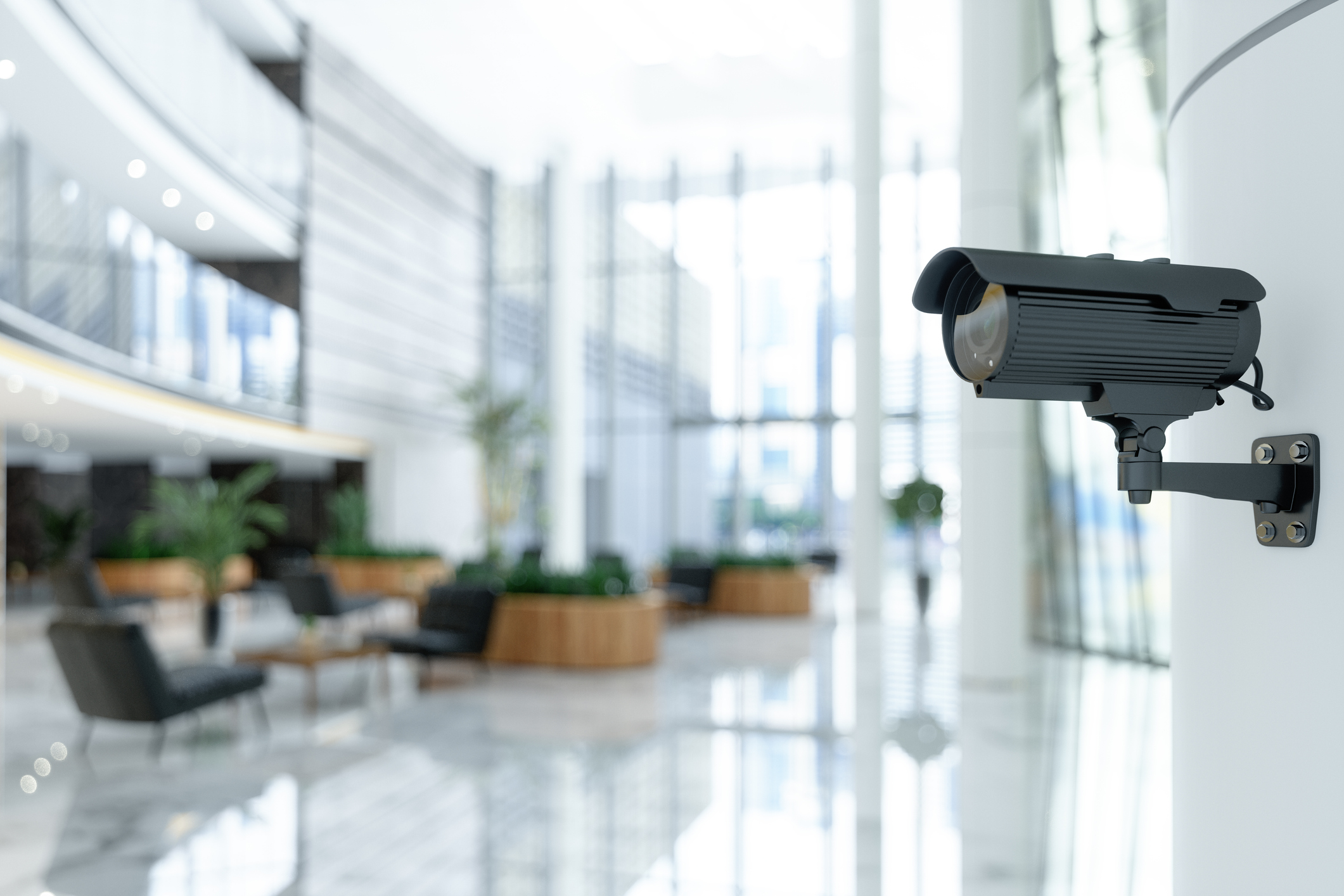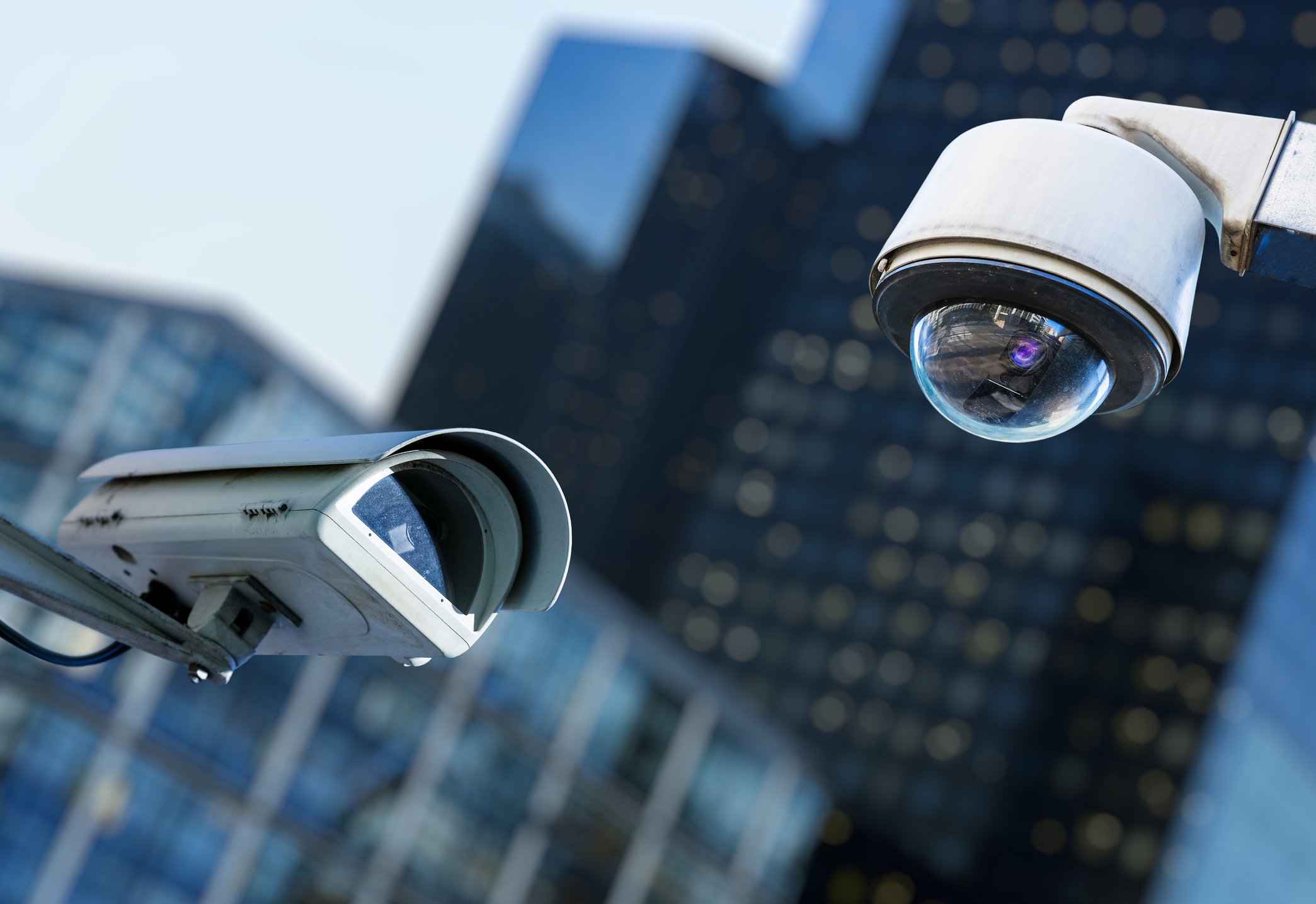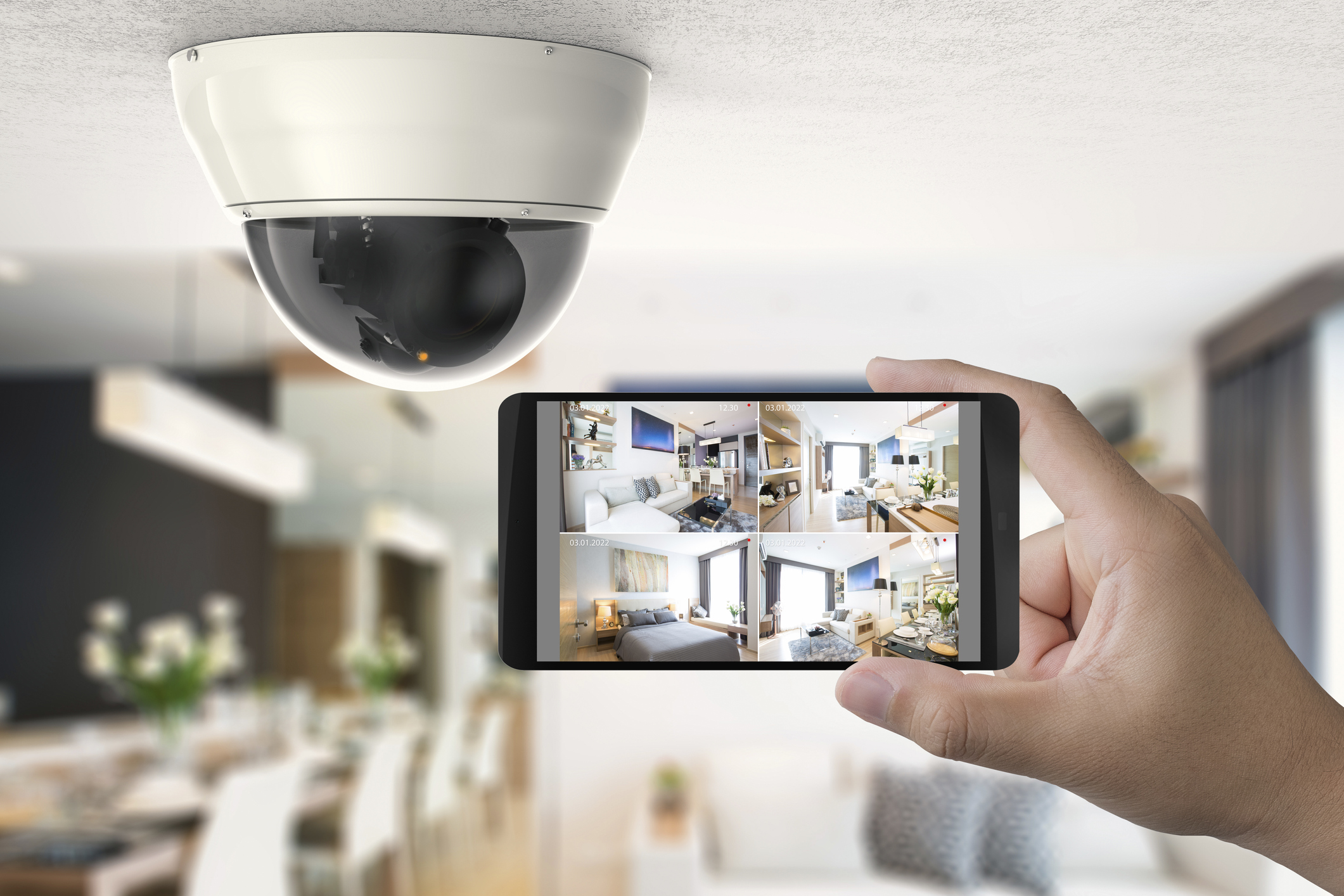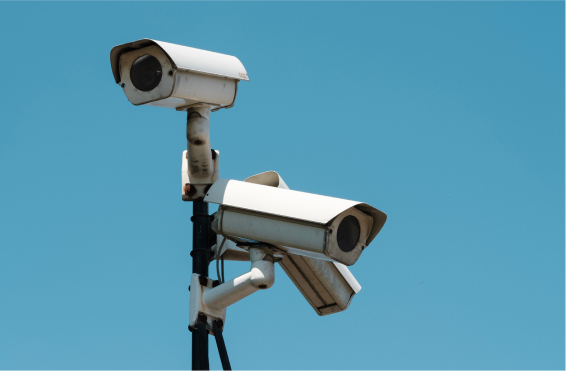
What Is CCTV & What Does It Stand For?
CCTV plays a significant role in the modern world. CCTV has taken a vital role in promoting security and surveillance from business premises to homes and even outdoor spaces. The technology used has gone through immense changes over the years. Various manufacturers offer even more user-friendly, reliable, easy-to-access, easy-to-install, and efficient CCTV solutions as they try to outdo each other and promote security. This article will look at what CCTV is and what it stands for.
What Is CCTV?
The term “CCTV” stands for closed-circuit television. Today, many homes and businesses use CCTVs for extra security- whether in plain sight or hidden. In the UK, it was discovered that an average of one camera targets every 14 people, with its density varying from place to place.
What Does CCTV Stand For?
As mentioned earlier, CCTV stands for closed-circuit television. This form of security technology utilises video cameras to transmit signals to a chosen or specific destination. The transmitted video can either be viewed in real-time or recorded but cannot be broadcast. That represents a very effective monitoring method ideal for security and surveillance in business establishments of all kinds, homes, and even public places.
What Does CCTV Mean?
CCTVs are designed to transmit signals not meant for public distribution or consumption. In all cases, only a few people or owners of the CCTVs have access to the cameras, and they’re used mainly for security and surveillance purposes.
What Is CCTV Used For?
CCTV is used primarily for surveillance and security purposes. It plays a massive role in investigating as well as preventing crimes of any kind. It also plays a significant role in monitoring traffic and law enforcement. Here are some other uses of CCTV:
- CCTVs are perfect for any business establishment, institution, or organisation looking for a way to monitor day-to-day events on their premises. Whether you want to keep an eye on your employee parking lot, monitor your cash register, or survey the exterior premises, CCTV will give you that third eye you need, with recorded evidence in case of the unexpected.
- If you run a business, you can take advantage of CCTV cameras to monitor the behaviour of your employees. Some experts suggest that monitoring your staff can help prevent unwanted behaviours such as sexual harassment or theft. It can also improve productivity and work efficiency.
- You can use CCTV cameras to improve security. The mere presence of a visible surveillance camera can serve as enough deterrent for burglars, robbers, and other kinds of home invaders. These cameras effectively prevent or minimise crime, especially in areas with high crime rates, whether at home or at an office.
- You can use CCTV cameras to keep track of your kids when you’re busy in your home. You can also use them to keep an eye on your ageing parents or even your troublesome pets. You can ensure that your pets take their meals on time, know if and when your ageing parents have an accident, and check if your little ones arrive home safely.
“Large pull quote talking about something important from the article that we want to highlight.”

How Often Should a Fire Alarm Be Maintained?
The British Standards recommend that fire alarm systems should undergo weekly testing by the responsible person. This is to ensure all components of the system, such as call points, are in working order.
In addition to this, professional fire alarm maintenance should be conducted at least twice a year by a competent person. This allows for a more comprehensive assessment and includes tests that can’t be performed during weekly checks, such as the inspection of control panels, detectors, and sounders.
What is Included in Fire Alarm Maintenance?
A comprehensive fire alarm maintenance procedure should include several essential elements. This includes:
• A full system inspection to check for any damage or wear and tear.
• Cleaning all detectors to ensure they’re free from dust or dirt that could hinder performance.
• Testing of all components such as control panels, call points, detectors, and sounders.
• Checking battery backups to ensure they are fully operational.
• A full report detailing any faults or necessary repairs.
The Importance of Regular Fire Alarm Maintenance
Regular fire alarm maintenance is an important process that ensures the safety and security of a building and its occupants. A fully functional fire alarm system can detect a fire at the earliest possible moment, giving occupants more time to evacuate safely and prevent loss of life. Regular maintenance also reduces the chances of false alarms, which can lead to unnecessary panic and disruption.
Besides safety, maintaining fire alarm systems can help protect property from severe fire damage. Early detection and alert can potentially save thousands, if not millions, of pounds in damage and restoration costs.
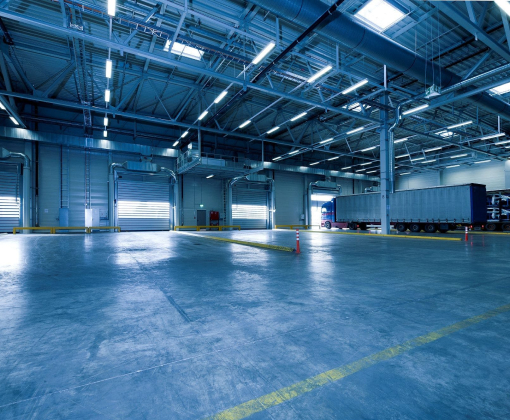
Britannia Fire Alarm Maintenance Services
As one of the leading fire safety providers in the UK, Britannia Fire & Security offers comprehensive fire alarm maintenance services. Our team of expert technicians ensure that your fire alarm system is fully compliant with the latest UK regulations and fit for purpose.
Britannia Fire & Security technicians will carry out routine checks and maintenance to ensure the optimal performance of your fire alarm system. We provide a detailed report after each visit, outlining any identified issues and recommendations for improvements.
Regular fire alarm maintenance is a legal requirement in the UK that ensures the safety of buildings and their occupants. Understanding this legislation, and adhering to it, is a crucial aspect of managing a property, whether it is a business, a public building, or a private residence.


